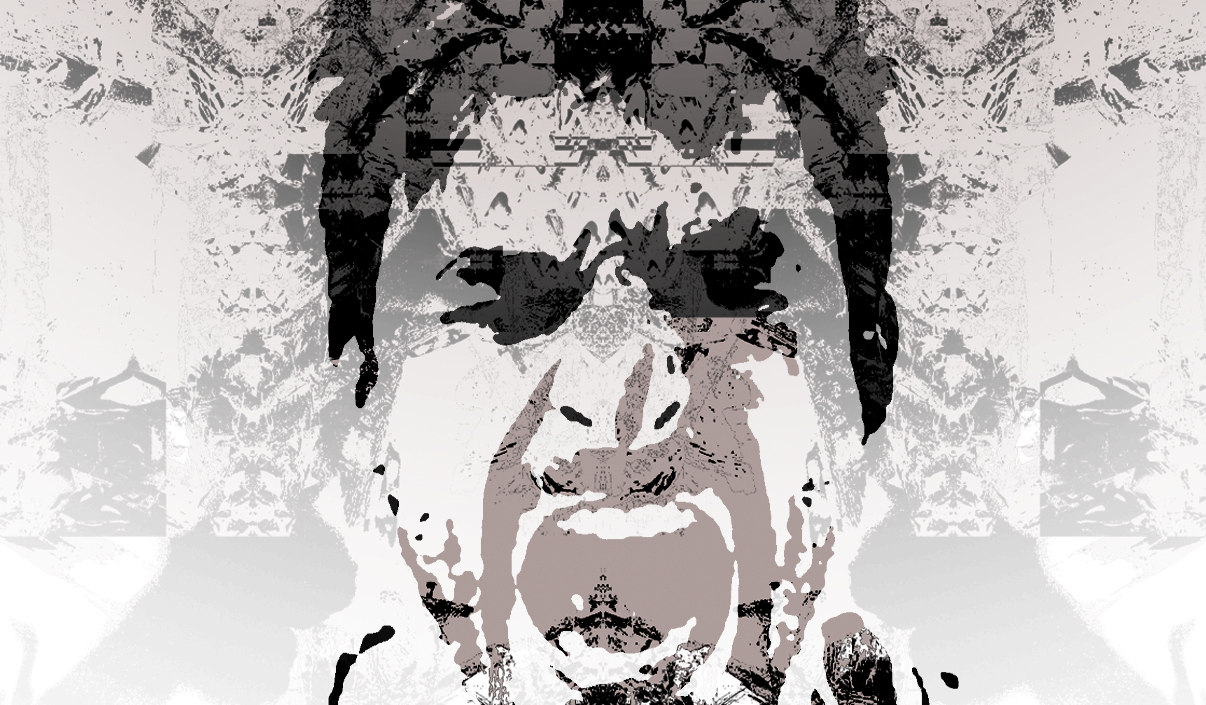he COVID-19 pandemic has had profound effects on our nation. Our daily lives have been completely disrupted and our routines have dissolved as we proceed into social isolation and quarantine.
Canada was already experiencing a mental health crisis which has now become greatly amplified by the wave of uncertainty and panic brought on by COVID-19.
The number of Canadians who have died from contracting COVID-19 has also already surpassed that of the SARS outbreak in 2003. The seriousness of this pandemic has been weighing heavily on Canadians and citizens around the globe.
Mental health crisis hotlines have been experiencing a growing number of phone calls for support. Many Canadians report feelings of helplessness and anxiety.
The rapidly changing situation is chaotic and unpredictable, leaving a lot of people at a loss for what will happen next.
Many people rely on their daily routine for a sense of normalcy and sanity, especially those who struggle with mental health issues. Going to work, attending school, socializing — these normal activities are things many rely on. We can sometimes take the simplicity or predictability of our daily lives for granted. We may not realize what a luxury some of these things are until we lose them.
When a daily routine is disrupted, especially for people who experience mental illness, it can deliver a shock to mental health that can trigger many different responses, from depressive episodes, to panic attacks and even relapses into addiction. Support groups and addictions centres have been forced to close drop-in centres and meeting places as we face more stringent regulations for social distancing.
Over four million Canadians are expected to apply for emergency funding as a result of job loss due to the epidemic. This epidemic has thrown the economy and the lives of Canadians completely off kilter and these huge waves of change will have profound effects on our lives for years to come. There are also risks associated with social isolation which are made worse when coupled with existing mental health issues.
Social isolation can cause a variety of psychological disturbances such as depression and increases the risk of suicide. For people suffering from issues such as social anxiety, symptoms can increase.
While we navigate through this crisis, it is important to reach out to friends, family or other supportive individuals or support groups by phone, video calls and social media. This is also important because it is not easy to reach out and ask for help, so some people may need help and support even if they haven’t vocalized it.
It is important to bring awareness to the fact that, while we are surrounded by the message to stay home, this is a complicated demand for some people. People who may be experiencing homelessness during this crisis may have been advised to self-quarantine or self-isolate, but lack viable means to do so.
People who are experiencing homelessness and poverty, the elderly and immunocompromised individuals are unfortunately some of the people most at-risk of experiencing complications due to COVID-19.
Local shelters such as the Main Street Project remain open with precautions taken and need all the available support from our communities to help see them through this difficult time.
The Anxiety Disorders Association of Manitoba has launched a new support line for people who need help coping at this time. Details can be found via their website.
It is within our best interest to do everything we can to make sure that COVID-19 does not continue to spread and try to use this time to take care of ourselves and our families.
We must find it within ourselves to be patient and mindful during this time. Listen to your body and your emotions and reach out for help if you need it.
We are all in this together and we must unify in taking all proper precautions but also in supporting our collective mental health to make it through the stress of this crisis.

